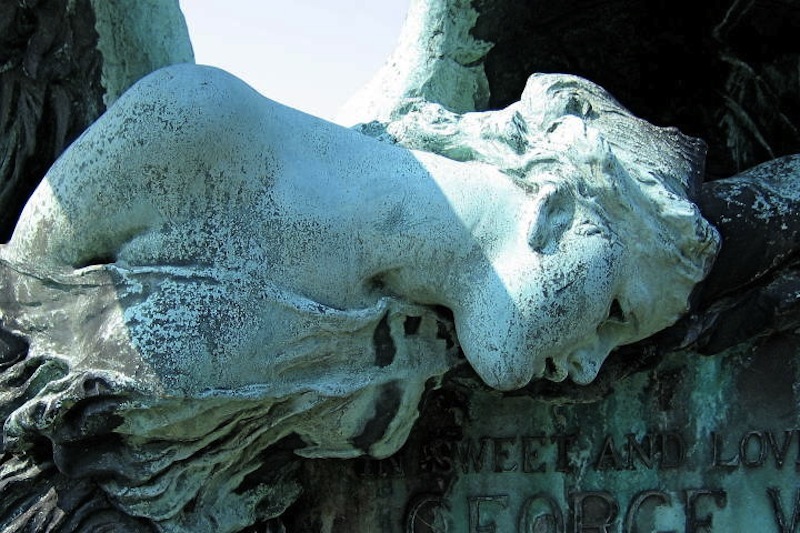The Poetry of Loss and Resurrection
Jill Reid
 Sometimes, especially when I’m most in need of meeting myself—the actual Jill long lost within the daily, rigid busyness of life—I hunt for myself in the files on my computer.
Sometimes, especially when I’m most in need of meeting myself—the actual Jill long lost within the daily, rigid busyness of life—I hunt for myself in the files on my computer.
I look for me between the lines of what I have managed to write down, in words and images that, over time, come together in patterns and threads and whispers. And I try to understand what I believe I have been trying to tell myself. I have discovered that the Jill who has been writing these past few months is one who can’t stop talking about the past, about memory, about loss.
A few months ago, I stood in the cold corner of a funeral home with a twenty-one year-old college student whom I have come to love and admire very much over four years of teaching her. Just a day earlier, she was taking notes in her English literature class. Now, she was standing near the casket of her mother, killed on impact in a tragic car crash. And just like that, the month became not her first month as a college senior, but the month in which her mother died, the month she would forever associate with brutal and unexpected loss.
I know that grief and loss almost always find us when we aren’t looking. And even when we are looking, our God-given human instinct to exist, to expect others to continue to exist along with us still baffles our ability to navigate what we somehow feel was never meant to be—this road of vanishing faces, this road of vanishing moments. We feel we are made to last. We feel those we love were made to last. And yet, like pencil etchings on a growth chart, our human lives can feel so measured by the losses we endure, the grief we live with.
A few weeks after the funeral, I read a poem by Lisel Mueller that stunned me in all the aching and haunting ways the best poems do:
“When I Am Asked” by Lisel Mueller
When I am asked how I began writing poems, I talk about the indifference of nature.
It was soon after my mother died, a brilliant June day, everything blooming.
I sat on a gray stone bench in a lovingly planted garden, but the day lilies were as deaf as the ears of drunken sleepers and the roses curved inward. Nothing was black or broken and not a leaf fell and the sun blared endless commercials for summer holidays.
I sat on a gray stone bench ringed with the ingenue faces of pink and white impatiens and placed my grief in the mouth of language, the only thing that would grieve with me.
I think the poem haunted me because of how powerfully Mueller’s images portray a collision of experience—that relatable and agonizing experience of being alone in a cheery, bright world with your own dark grief. The placement of a hard “stone bench” in both the middle of her poem and the middle of a garden communicates something of the hardness and ruttedness one faces in the middle of loss. The flowers bloom beautifully and unsparingly, advertising their wholeness in a season where “nothing is black or broken” except the mourner, sitting on a gray bench, stuck between bloom and loss.
Mueller’s poem helps me understand the self I have discovered in the files of my computer. I think I write about loss and memory and the past because those things never really are lost or past. I think we write poems and read poems because, among other things, poetry becomes the landscape of resurrection. When Mueller finds that language, that poetry will “grieve” with her, she not only resurrects the memory of her mother, but she also raises up her own grief and gives it a safe space to unfold, to exist. In our busy lives, it does seem that there is little room to negotiate loss. But in the world of the poem, there is space, not only for those we mourn but also for those who mourn.
(Photo by Robert Friedus)